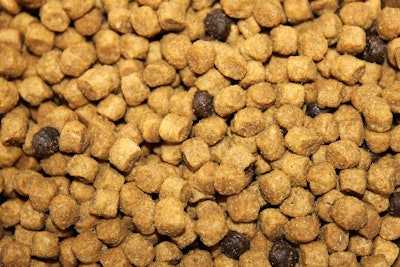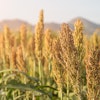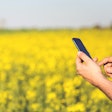
A recent study commissioned by the UK’s Department for Environment, Food and Rural Affairs (DEFRA) has found that insect meal — specifically Black Soldier Fly larvae (BSFL) — can provide environmental benefits as a protein source under specific conditions, though it is not universally more sustainable than traditional options like soybean or fish meal.
The life cycle assessment (LCA), conducted by sustainability consultancy Ricardo, compared the environmental impact of BSFL-based feed to soybean meal sourced from Brazil and fish meal derived from blue whiting caught off the Scottish coast. The study examined 16 impact categories including climate change, land use and water consumption.
For pet food and animal feed nutritionists exploring insect protein as a sustainable ingredient, the findings offer nuanced insight: insect meal has potential to lower feed emissions, but outcomes depend heavily on production variables such as the use of low-impact rearing substrates (e.g., food waste), energy-efficient processing, and clean energy sources.
The study concluded that while no single protein source outperformed others in every category, insect meal could support decarbonization efforts in feed and pet food under the right conditions. It also pointed to the need for further research into BSFL byproducts like insect oil and frass to better understand their role in improving sustainability metrics.
The study noted the LCA followed ISO 14040 and ISO 14044 standards and underwent independent expert review.













